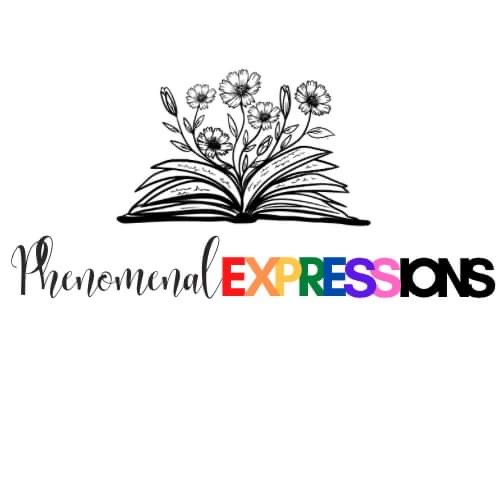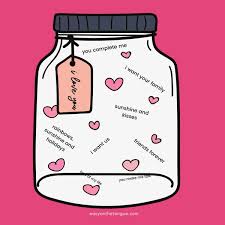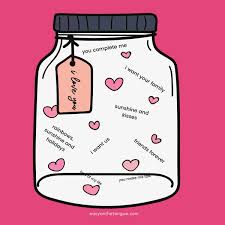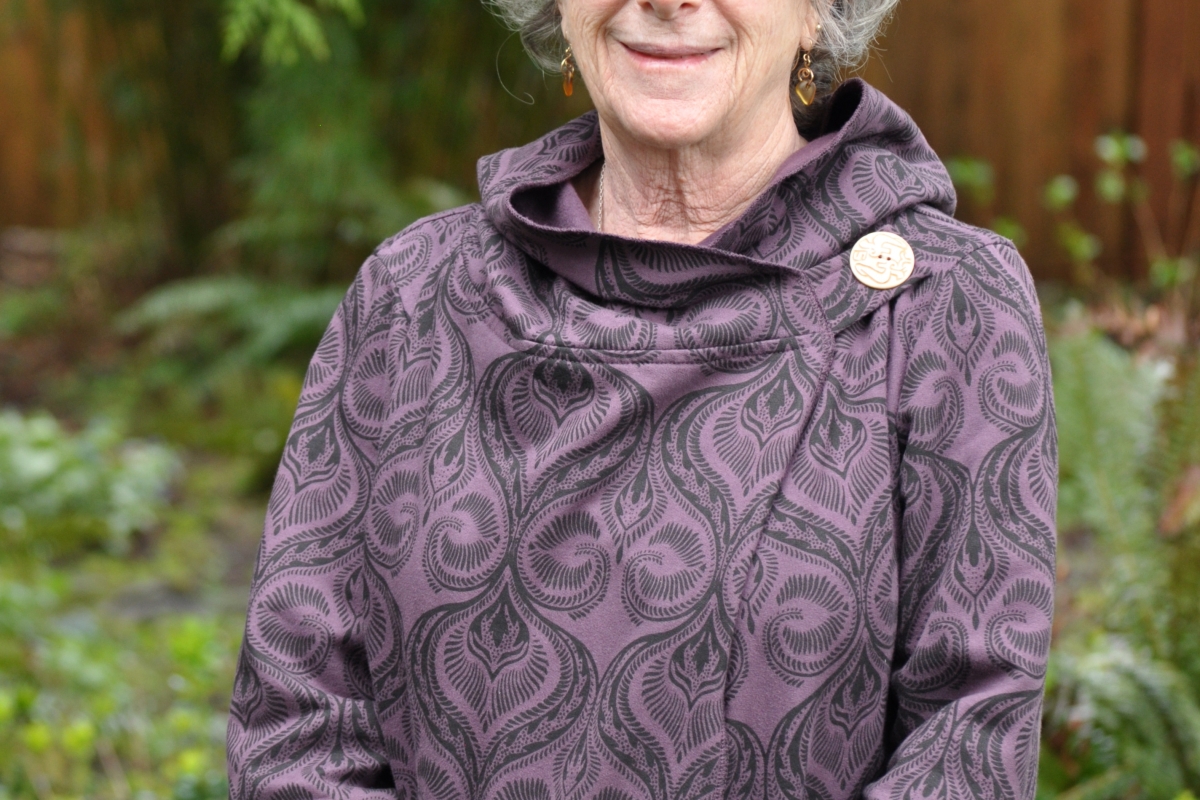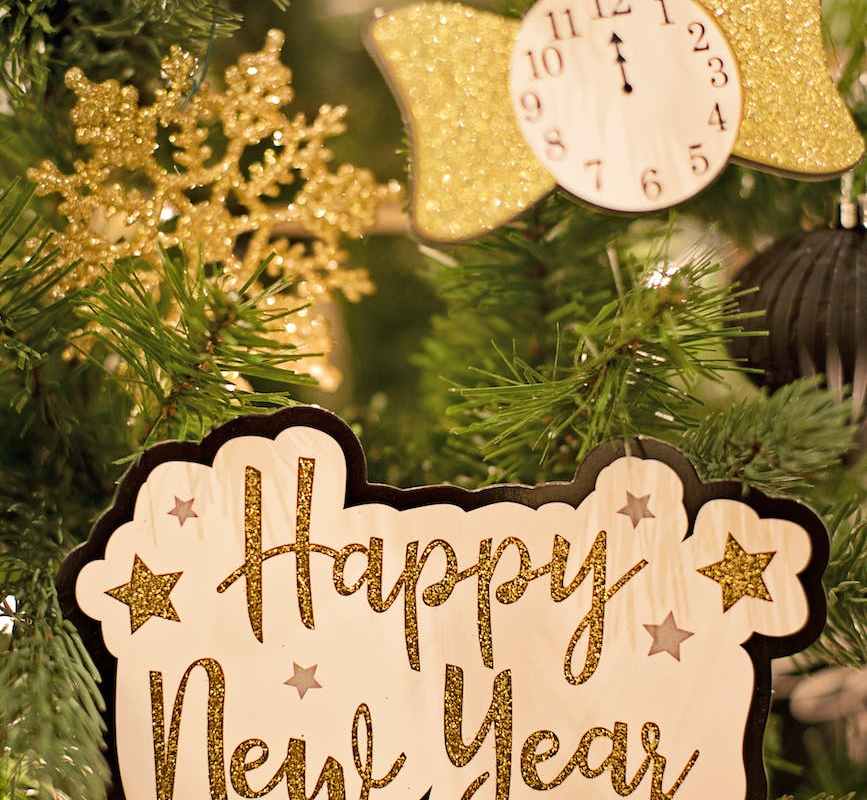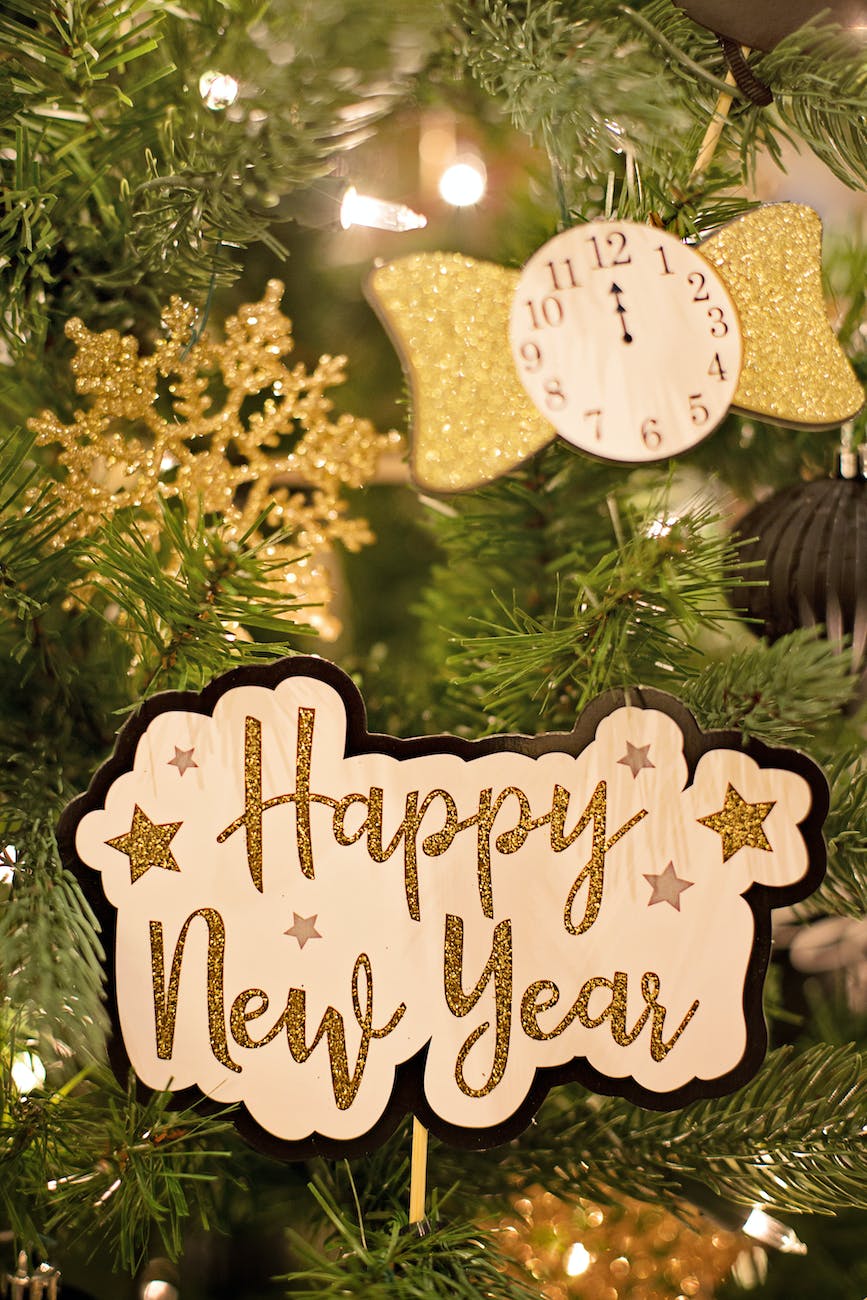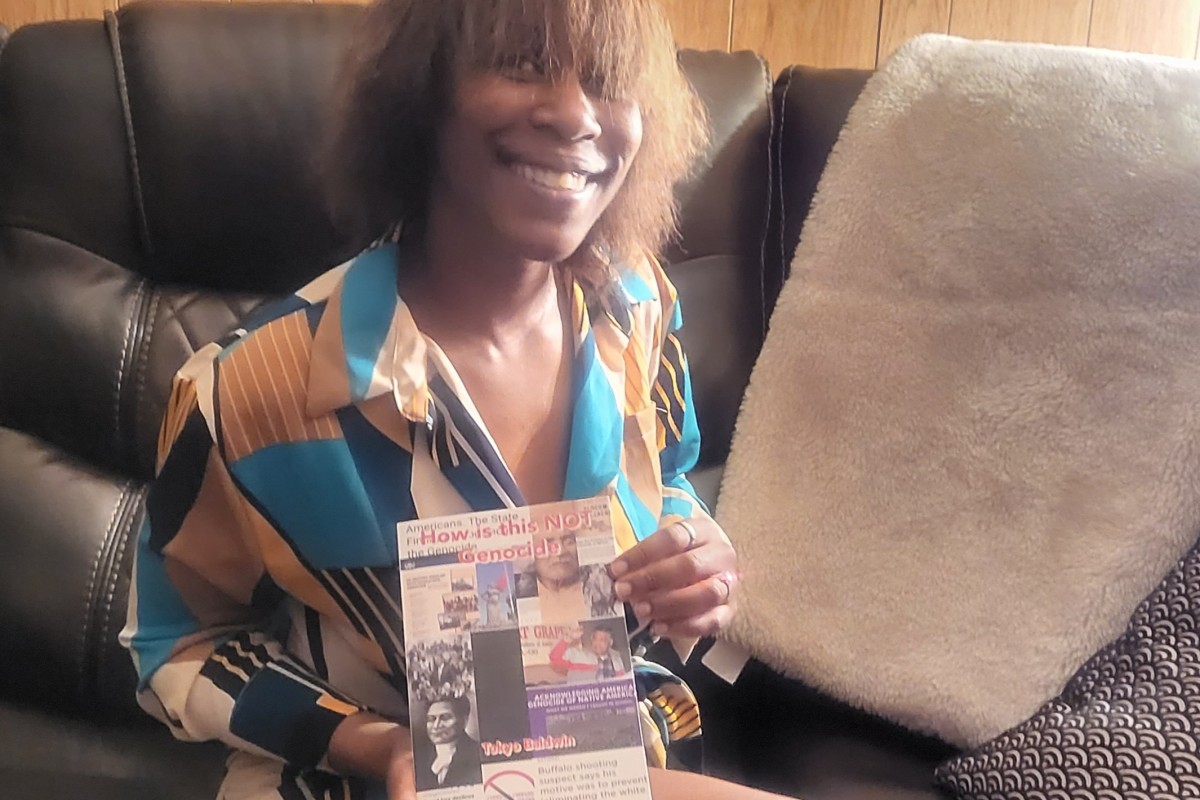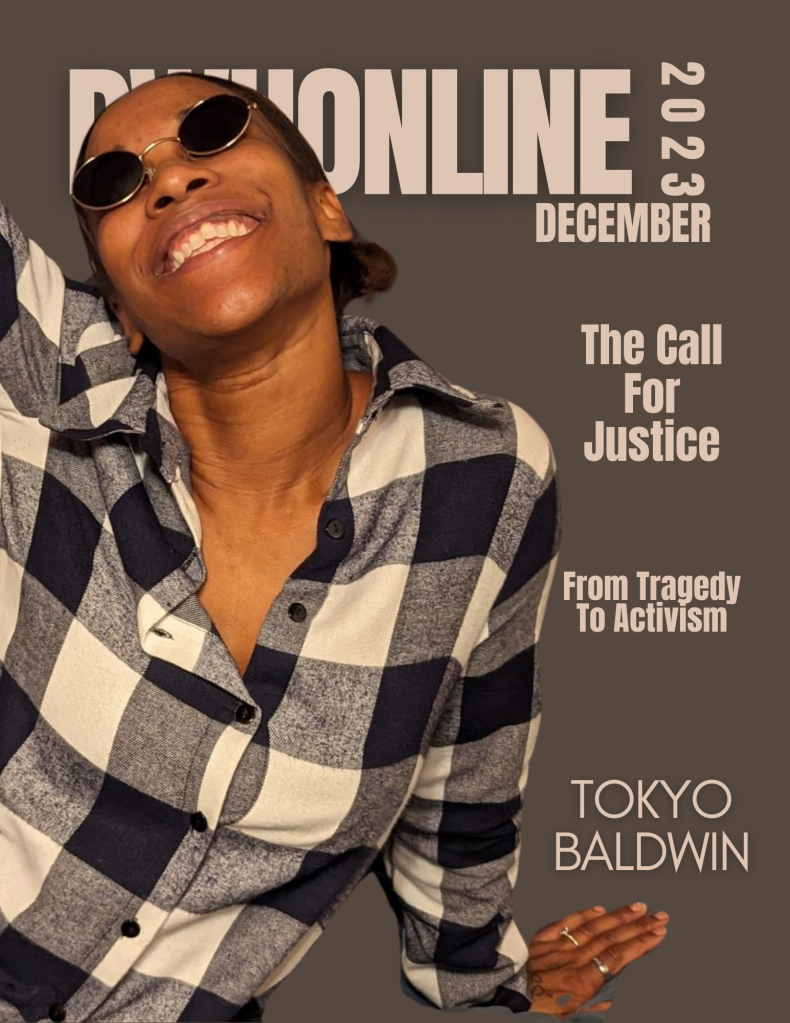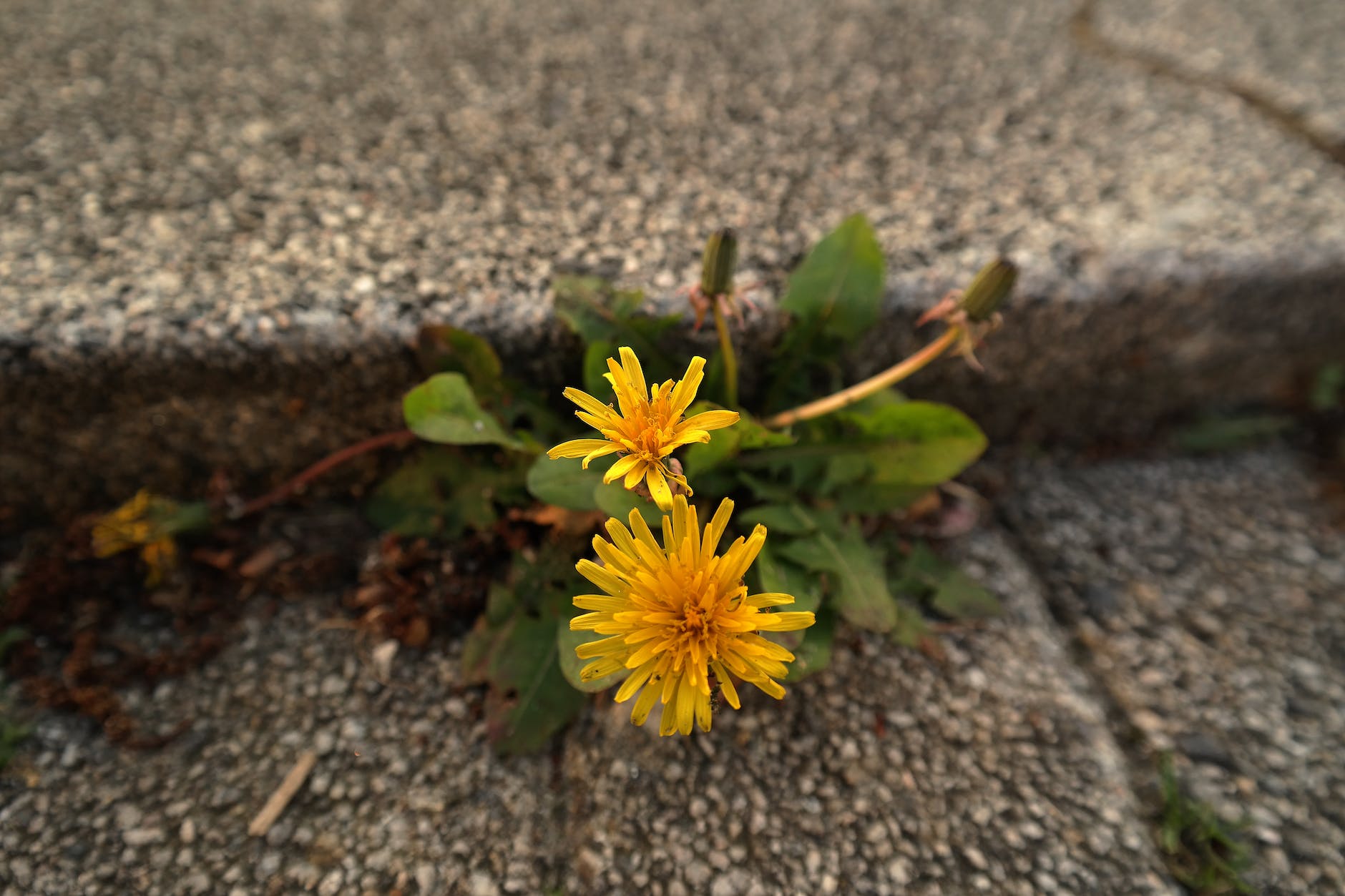Sheila Bender is a poet, essayist, memoirist, and master teacher, who has helped hundreds of people write from personal experience.
She believes that when it comes to writing-in-progress, there is no bad writing only opportunities for good writing. She has served as a Distinguished Lecturer in poetry for Seattle University, taught writing at Loyola Marymount University in Los Angeles, and for the Centrum Foundation’s Port Townsend, Washington writers conference among many venues. She founded WritingItReal.com, an online instructional magazine focused on writing from personal experience and speaks on writing to heal grief, overcoming writer’s block, and writing craft skills for new and experienced writers and poets.
We had the pleasure of sitting down with Sheila Bender to discuss her passion and journey to becoming a poet, essayist, memoirist, etc:
Can you tell us about your journey as a poet, essayist, memoirist, and master teacher?
I think I had the inclination to write poetry from an early age. In middle school, I asked the teacher if I could write my social studies papers in ballad form for some of the assignments, and she said yes.
By high school, I put writing poetry aside to fulfill credits in the sciences and languages for college entrance and then to complete college elective requirements. I had declared myself a biology major because my favorite teacher in high school was the biology teacher. But organic chemistry and dissecting frog embryos under a microscope led to dropping hot zinc on my lab partner’s hand, watching it heal all semester long, and requiring at least three frog embryos before I could successfully slice only one cell off with a baby hair under the microscope rather than destroying the whole embryo.
I felt most comfortable in a psychology class where the text included one famous poem at the start of each chapter, and each of the poems seemed to tell me the essence of that chapter. So, it wasn’t long before I changed my major to English literature. I carried a huge number of books back to the apartment that I shared with three women who wondered why I would commit to so much reading. How I loved the reading, though, and the fact that, in bookstores, poetry collections by poets I hadn’t heard of seemed to jump into my hands. I would like to add that to this day, some of what I learned in the science classes keeps me well-stocked with metaphors that ring true to me. (Nothing is wasted when it comes to writing.)
After my undergraduate years, I earned a Master of Arts in Teaching and taught middle school English for two years, selecting poems from Stephen Dunning’s anthology of poems Some Haystacks Don’t Even Have Any Needle and Other Complete Modern Poems. Then I moved to Seattle, directed a daycare center, and was the lead teacher in a classroom of four-year-olds half the day. There was a lot I had learned about being person-centered in my approach to teaching that paid off with these little ones; then I had my daughter, and from her early years on, person-centered facilitation of learning was what I practiced (see Teaching as a Subversive Activity).
When I first held my own newborn in my arms, I asked her who she was; telepathically, I heard her ask, “Who are you, Mom?” I began scribbling poems during her naptime, and another two years later when my son was born, I read them to her while he napped. She was a marvelous audience, seeming to hear what her mother was at least trying to discover about who she was. Living near the University of Washington, I perused the course catalog and found that David Wagoner, a poet represented in the Some Poems Don’t Even Have Any Needle anthology, was on the creative writing faculty. I arranged for babysitting and enrolled as a non-matriculating student to study with David Wagoner. My goal was to have one of my own poems published. Next, I took more poetry writing workshops with several visiting poets, and ultimately, I enrolled in the University’s Masters in Creative Writing Department (the University didn’t yet offer a Master of Fine Arts).
David Wagoner had accepted me into the multi-level class as a beginning poet based on the naptime unfinished poems I’d managed to create. It wasn’t easy being ten years older than the other students and having had my ability to concentrate altered by looking after two young ones who made it difficult to even remember I was running the faucet to wash the dishes.
It wasn’t easy to endure harsh criticism with words I had to look up in the dictionary when some class members discussed my poems: “I don’t mean to be pejorative,” one upper-level student said, “but….” “This poem doesn’t earn its ending,” he added. Another claimed that the “penultimate stanza” was wrong in some way or another that I no longer remember, but I quickly learned the meaning of “penultimate” and love to say it instead of next to the last. That’s where person-centered education came in again. I learned to rephrase the harsh responses into something helpful to me: “This stanza confuses me. I feel misdirected,” was empowering to me as a writer who needed to revise, rather than the editorial critiquing voice those class members used.
I remember the day with excitement still when a revised version of a poem of mine came up, and those same students tore into it. Then David Wagoner said, “I am pleased by this revision.” Ultimately, after other poems of mine were chosen for publication in local newspapers and literary magazines, he chose one for the National Poetry Northwest. Whatever had been keeping me from writing disappeared.
What drew you to these forms of writing, and how did you become passionate about teaching others to write from personal experience?
David Wagoner remarked one day that when you are a poet, you must always write in another genre because sometimes the poems don’t come. Personal essays, now often called short memoirs, became that for me. They seemed a cousin to the poetry I was writing. With a Master’s degree, I began teaching composition at a community college and used what poets taught me about writing and the writing process, as well as my person-centered instructional approach, to facilitate prose writing. I wrote personal essays along with my students. Theirs and mine were so successful that some were published! Eventually, I wrote an instructional book, now titled Writing Personal Essays: Shaping and Sharing Your Life Experience, about writing personal essays based on what my poetry teachers had taught me applied to teaching the essay form. From there, over the years, I wrote enough poems for several collections and many instructional books, along with teaching students through my website, Writing It Real.com, established in 2002. I had overcome my hesitation to become “real” to myself through writing and wanted to facilitate others in the craft because writing from personal experience in poetry and in prose had made me real to myself and answered the question my newborn posed. I wanted to help people who wanted to write free themselves from their internalized judgment that it would be impossible for them. I wanted to show them how possible it was to grow what they wrote into fully manifest poems, personal essays, and autobiographical fiction too.
You mention that there is no bad writing, only opportunities for good writing. Can you elaborate on this philosophy and how it shapes your approach to teaching and mentoring aspiring writers?
Yes. What we read in print has usually been through quite a drafting and revising process before publication. So, we tend to judge what we write, even as a first draft, to be intolerably less polished and incomplete. In addition, we often feel like what we had in our minds seemed better than what came out on the page. So, we must understand three things:
- We learn what we are thinking and feeling, what is in our minds and hearts, by writing and discovering more than we realized we had to say. Many of my teachers said a version of this, that the words were smarter than they were, that they wouldn’t know what they thought unless they wrote.
- That there is a way to listen to the words of our drafts to find out where the words are wanting to take us. That is where trusted listeners can guide us with their responses, tell us what words struck them, what feelings they receive that they believe the words intend, and what feelings happen because it is a draft and might offer confusion or lose the reader in places, for instance, and where they are curious to know more, things the writer might have left out. I call this growing our writing, and from botany, I have this metaphor: when a seed sprouts, the first leaves don’t look like the signature leaves of the plant but are more rounded. They are called the cotyledons, and they hold nutrition for the plant. When the plant has used the nutrition, the cotyledons dry up and fall away. That is how I feel about the parts of first drafts that help us continue writing but many of which are no longer needed once more is manifest on the page.
- That, as David Wagoner taught, writing is best accomplished in three stages: invention, shaping, and then editing. He warned about moving from one stage to the next too early. We at first feel free of judgment about what we write down and even go wild with imager; then we come to that invention writing with a writer’s eye and start to see a shape (or strategy) the writing wants to take. Finally, we involve our editor self (or another) who deals with word choice, punctuation, capitalization, paragraphing, sentence combining, and even deletion of redundant language and sentences as we tighten our writing. Of course, in the end, we may go back and forth a little among the stages, but never early in our process.
From this point of view, there can never be bad writing in the drafting process, only the opportunity for good writing.
As a Distinguished Lecturer in poetry and someone who has taught writing at various institutions, including Loyola Marymount University and the Centrum Foundation’s writers conference, what unique perspectives do you bring to your teaching, and how do you inspire your students to tap into their personal experiences for their writing?
First and foremost, I establish writing workshops as a safe place to share early writings and revisions as well as finished, polished work. I use the three-step response method I described as telling the writer what words stuck, what feelings they think the piece so far as it is written are feelings they think the word intend for the piece and what feelings arise that get in the way, feelings like being confused, left out of learning something the words seemed to have promised, or overwhelmed with information they can’t sort out, for instance. Learning reader responses in this way sustains a safe environment for growing writing. Writing from personal experience creates intimacy with others as well as with ourselves, which can leave writers feeling very vulnerable, but receiving responses in the way I outlined builds confidence and allows writers to know that even in early drafts they have reached others’ hearts and minds. And they learn how to do that even more effectively. It helps the writers with the shaping stage and encourages the invention stage but is so crucial to meaningful full writing.
How do I encourage the use of personal experience? By offering prompts that pose a question such as: When was a time you lost someone, something, or some opportunity? Can you describe a place for which you have strong feelings of love or hate? What do you know how to do that you can teach others (try this in the letter form, not only giving instructions but recounting a story from life that allows the recipient to understand why you are offering the instructions)?
The founding of WritingItReal.com suggests a dedication to online instructional resources for writers. What inspired you to create this platform, and what kind of content can writers find there?
I lost my 25-year-old son when he had a snowboarding accident at the end of 2000. In my grief, I could not stay focused on my jobs teaching, then in LA at Loyola Marymount and
editing for Accepted.com. I read and read poems, essays, and memoirs by parents whose
children had died. That was the company I wanted to keep. Slowly I began to write poems
and then personal essays about my son and my grieving. Somewhere along the line, I
thought of one of my students who had written an essay about losing her high school best
friend in a car accident and how she understood that now she would live for both.
My son was a young architect when he died, one who designed with a passion for designing
spaces that enhanced people’s personal spaces. He taught my husband and me so much
through his passion for helping by building. When he was in graduate school, he learned
that migrant workers in California’s Central Valley had to wait for buses home in the hot sun
after having worked all day in the fields under the hot sun. He enlisted the help of
classmates in designing and building a cement bus shelter for those who waited for the
buses. Architecture was his best thing and the way he offered help. Writing was mine and I
wanted to reach people who wanted to write more quickly than producing books takes. My
husband is in the computing field and he and an associate who is a programmer built the
website in 2001 (there was no easy make-your-own-website software then) after asking me what I wanted it to be like—a quiet place for writers, new and experienced, to learn more
about the craft and overcome writer’s block. We launched in October 2002, and I wrote
weekly instructional articles. In 2004, I added online instructional workshops via email and
things grew from there—now I offer Google Groups and Zoom workshops as well as on-
one consulting via Zoom on poetry and prose work.
You speak on writing to heal grief, overcoming writer’s block, and writing craft
skills. How do these aspects intersect in your teaching, and what advice do you have
for writers facing challenges in these areas?
Overcoming writer’s block means trusting that if you write you will find what interests you to
write about, almost by surprise, and if you write using prompts you will find a way into work
that you have felt was too big to take on, like grief and loss, for example, certain memories,
even love. Writers write. We sit down and we keep our fingers on the keyboard or around
the pen and just write. We sometimes set timers so we feel there will be an end to this
experiment. We use prompts and just go from whatever they trigger. Just writing keeps us in
practice and delivers much to continue writing from.
Learning writing craft skills: I always offer models from published work and read those
models as a writer reads—what strategies has the author used to tell their story? Lists,
journal entries, the letter form, descriptions that use the five senses instead of summary
words, sound images as well as visual ones, taste, and smell too—we strive as writers to
offer experience and experience comes in through the senses before we make meaning in
terms of feeling evocations and thinking. I learn by emulating the ones we like. and we learn
via the three-step process, too, because we learn how to reach others. And when we have
reached others, these strategies which include metaphor that refreshes experience and
sound that imitates it, we learn the writing craft skills as we go along.
Healing grief. Writing helps. Reviews I found on Amazon for my small book Sorrow’s Words:
Writing Exercises to Heal Grief tell the story of how writing from grief helps us through the
dark emotion to find the light, the happy memories, the way to live with the spirit of the one
who has died inside your own spirit. We must articulate our grief as it is for us, and we will
find that doing that opens the path to happy memories and a way to continue to feel joy. If
we feel sadness, we can feel joy; if we block the sadness, we block the joy as well. Writing
helps us feel the sadness by naming it, evoking it, letting it live in our writing and then we
write conversations we would like to have now, and then we write our memories. And then
the one who has gone before us is with us in a deep way.
Having helped hundreds of people write from personal experience, can you share a
memorable success story or transformational moment from your experience as a
writing mentor?
Most of my students and one-on-one clients tell me what I responded to in their writing and
showing them concerning developing what they wrote was “very helpful.” Those are my
favorite words. They mean that we have both grown as we worked on their writing. Every
revision, my own or another’s, is transformational. Once something is fully written whatever
was inchoate inside of us has a shape and lives in the vessel that we have built for it by
writing. We have reached another’s heart and mind, and we are both renewed, changed,
and deepened. Transformation!
What role do you believe personal experience plays in the writing process, and how can writers effectively draw from their own lives to create meaningful and impactful pieces?
I think everything we write comes from personal experience, even fiction (which uses our
imagination and our research) is personal experience because we experience our
imagination and research. If we can get the sights, sounds, textures, smells, and tastes of
our world, real or imagined, into our writing we have created experience from our own
experience, real or imagined.
In your experience, what are some common challenges that new and experienced
writers face, and how do you guide them in overcoming these challenges?
I think the most common challenge is believing they not only have something to say but
deserve to write to find out what that is, and that taking time for writing is not selfish because
the time it takes furthers authenticity and centering. Next, I think worrying that they are not a
good enough writer to write their experiences is a challenge. And then, there is the fear they
might offend someone with their writing tell a family or friendship secret, or reveal their
feelings when they are not used to doing that. The remedy to all the challenges is to write
and to keep writing. Then to show that writing to trusted listeners and revise that writing until
it tells the whole story and brings the writer as well as her readers to a felt “aha.” It is so
often the case that what the writer feared they’d write is not as frightening as keeping it
buried. Of course, reading writing by others helps if we don’t judge our writing as less than,
but read to learn how other writers put their work together. And that is a skill I like to teach.
What is your definition of a Pretty Woman Who Hustles?
A Pretty Woman Who Hustles is a woman who gathers the courage to reach a dream, who
finds a tribe that will help her, and who then helps others by reaching her dream and sharing
what that entails and what it means to her. For writing, that means writing what she has
inside to write, finding writers to work with her on her work-in-progress, studying the
strategies of other writers, and sending her writing out to venues looking for material where
hers fits It means believing in herself, listening to advice that resonates for her and not
accepting judgments that quell her desire.
Connect with Sheila
Website
Amazon page
Facebook
Mastodon
Medium



